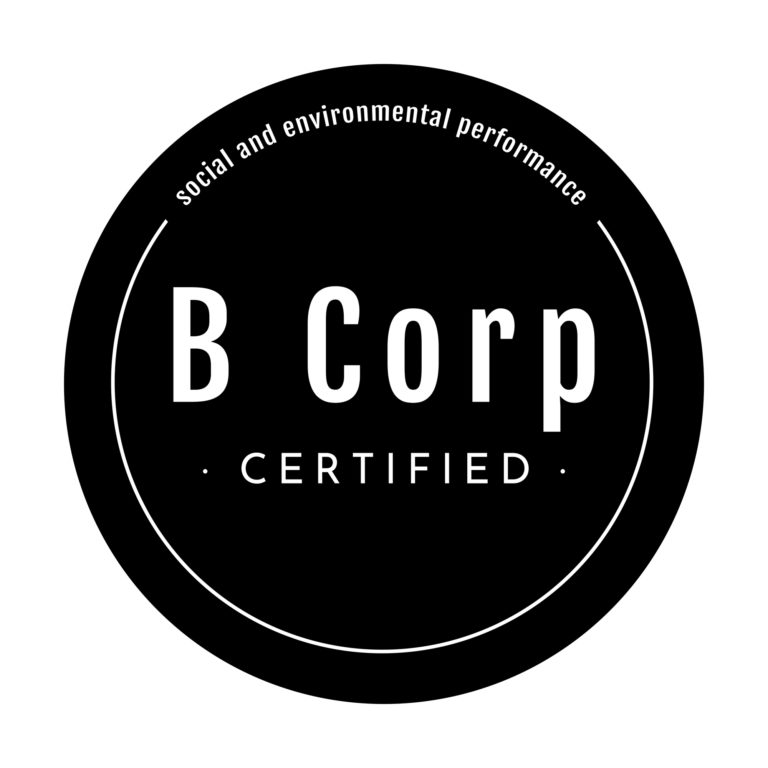
Psilocybin Companies and Phantom Income
Our Oregon office has been setting up psilocybin companies for clients. This is meat-and-potatoes work for us, as we’ve formed hundreds of schedule I substances businesses in Oregon over the years. I’m referring to cannabis businesses, but psilocybin is similar. Like cannabis companies, most new psilocybin companies end up registering as either LLCs or C-corps.


















